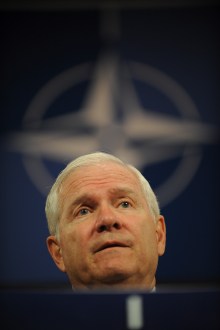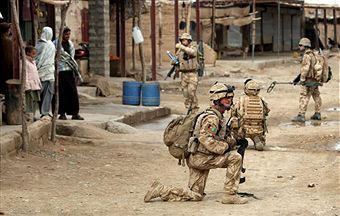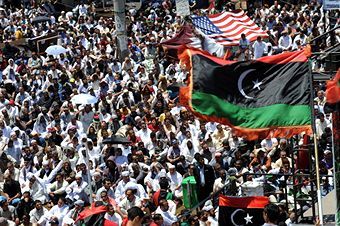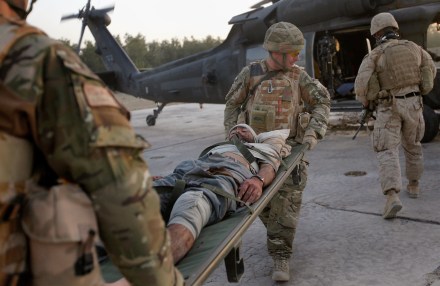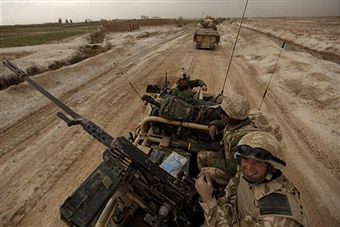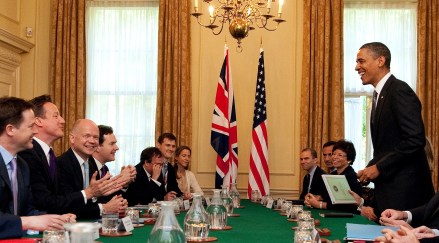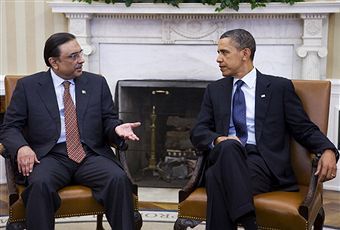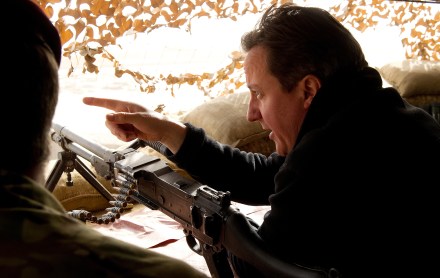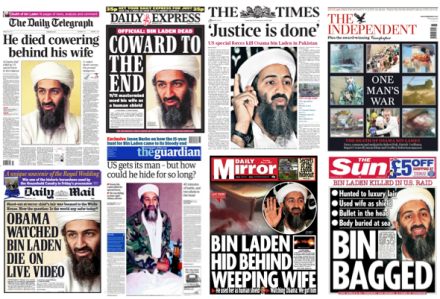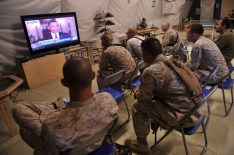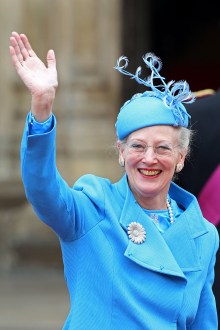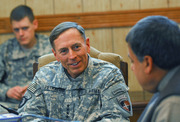Mars and Venus Revisited
Bruce Bartlett offers this chart (via Andrew) demonstrating that the United States is the only NATO country basically to have maintained it’s Cold War defence spending. Indeed, the US accounts for roughly 43% of global defence spending. Bartlett is not the only conservative who thinks domestic fiscal concerns – to say nothing of foreign policy matters – mean this kind of spending is unsustainable in the longer-term. No wonder Bob Gates lambasted european allies last week for their failure to spend more on defence (and especially on equipment). It’s a little unfortunate that Washington has consistently opposed the development of any independent european defence capability (though the wisdom and feasibility


